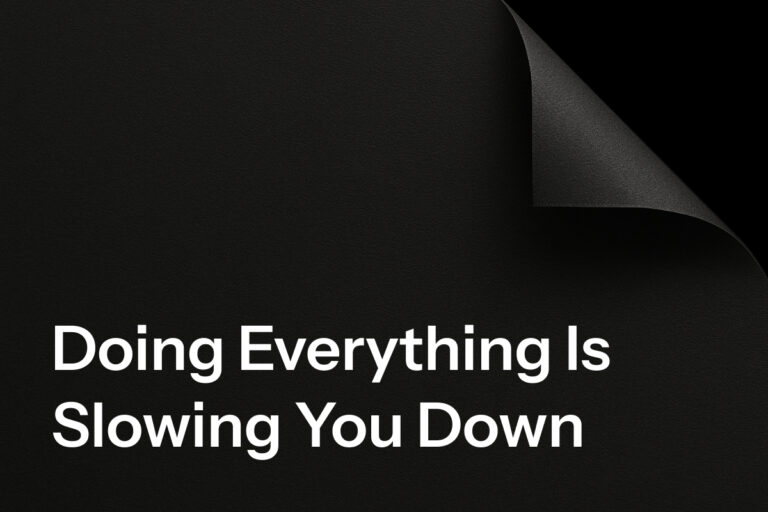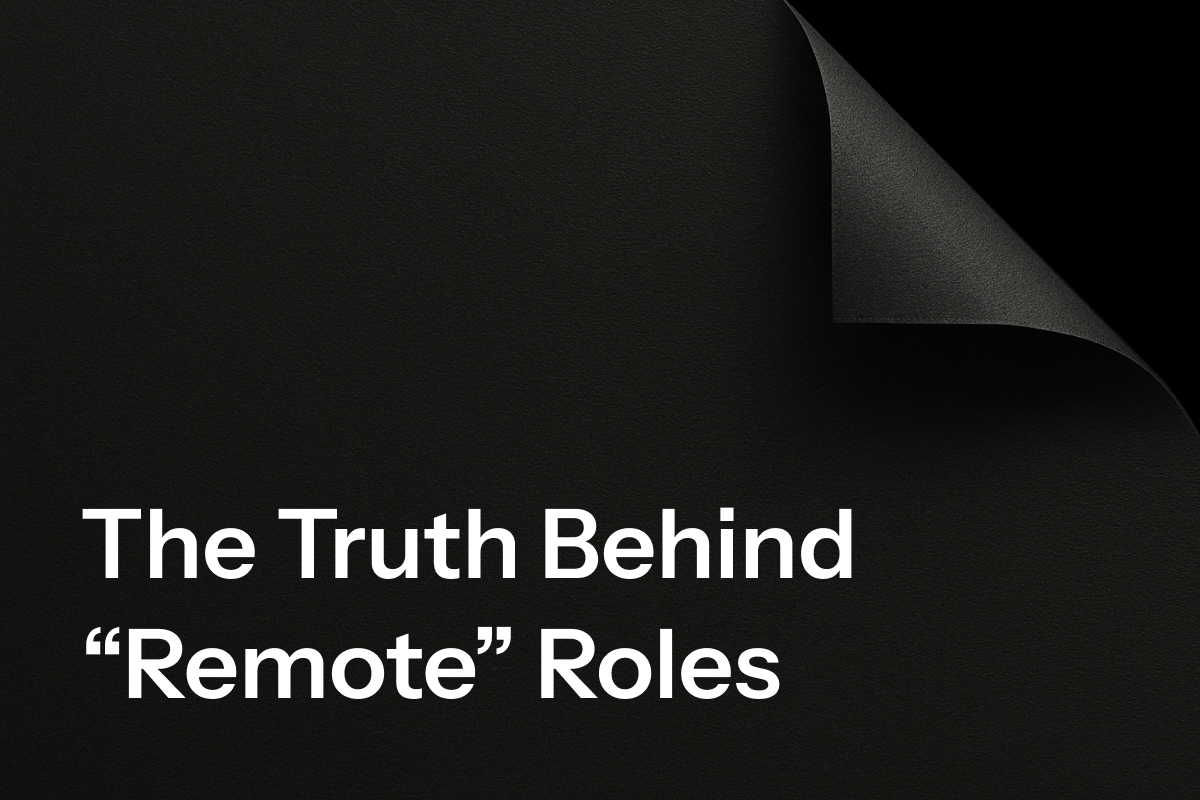In the fast-paced world of startups, it’s common to see founders juggling multiple roles – leading sales, managing recruitment, handling HR operations, building websites, designing pitch decks, onboarding new hires, and even running customer support. While resource constraints make this multitasking seem necessary, wearing too many hats can quietly erode a startup’s chances of long-term success.
Where the Problem Begins
The issue isn’t with any one specific task. Founders often handle responsibilities outside their core strengths with the mindset of, “I’ll fix it later” or “I’ll bring in help once we close a few deals.” This mindset, though understandable, creates a chain reaction of missed opportunities and underwhelming execution.
- Recruitment and HR: When founders take on recruitment without support, they rarely have the bandwidth to properly assess and filter candidates. The result? Poor team dynamics, mismatched hires, or rushed onboarding. A founder should serve as the final decision-maker – not the sole operator of the recruitment funnel.
- Sales and Client Management: Founders often take sales calls, draft proposals, and lead pitches. But without dedicated sales support, presentations may feel rushed, follow-ups get delayed, and the overall customer experience suffers. First impressions count – and if a presentation or offer isn’t polished, clients notice.
- Design and Branding: Creating websites, designing visuals, or building brand kits without professional input leads to inconsistencies and diluted brand identity. While these tasks seem doable, they shape the company’s public image – and poor execution undermines credibility.
- Operations and Admin Work: Handling payroll, contracts, compliance, invoicing, or internal documentation often eats into critical thinking and strategy time. These behind-the-scenes responsibilities are essential, but they also prevent founders from focusing on business growth.
Common Signs of Tunnel Vision:
- Clinging to one growth plan despite poor performance.
- Blaming marketing or sales teams instead of evaluating strategy.
- Ignoring external market shifts or feedback from prospects.
- Overlooking opportunities to innovate, diversify, or collaborate.
Why This Hurts the Business
- Lack of Professionalism: Clients, partners, and investors pay attention to the details – often subconsciously. A poorly formatted proposal, outdated website, or disorganized pitch call can suggest a lack of maturity, even if the product itself is great.
- Burnout and Bottlenecks: Founders who try to manage everything become the single point of failure. Delays increase, decision fatigue sets in, and the business becomes reactive instead of strategic.
- Missed Growth Opportunities: With too much energy spent on execution, there’s no room to think about scale, explore new markets, or build meaningful partnerships. Growth requires clarity, space, and delegation
How to Fix It (Even Without a Big Team)
- Prioritize Ruthlessly: Identify which tasks absolutely require founder involvement and which ones can be streamlined, automated, or delayed. Not everything needs to happen now.
- Invest in the Right Help: Even if full-time hires aren’t feasible, fractional professionals, freelancers, or advisors can lift major weight. Getting expert support in key areas (like sales, HR, or design) pays off quickly.
- Focus on First Impressions: Ensure that the website, pitch deck, outreach messages, and offers reflect a high level of polish. These assets represent the startup’s brand and heavily influence client or investor interest.
- Build Slowly, But Sharply: It’s better to launch with fewer moving parts done well than to try to do everything at once with mediocre results. Taking a few extra months to build with clarity is better than racing ahead with scattered execution.
Final Thoughts
No founder can (or should) do everything. Success doesn’t come from doing more – it comes from doing the right things well. Startups that succeed are the ones that understand their limits, leverage external help wisely, and focus on building strong foundations. Wearing too many hats might feel like progress, but long-term growth demands focus, delegation, and thoughtful execution.




